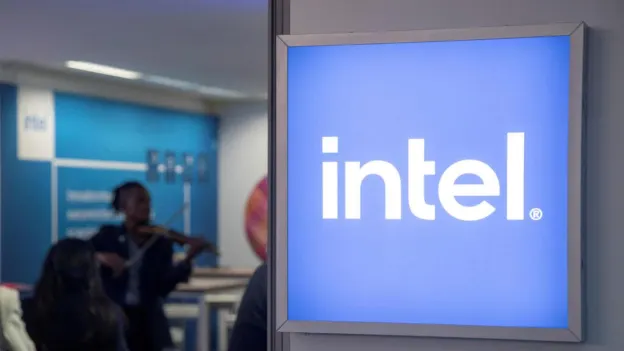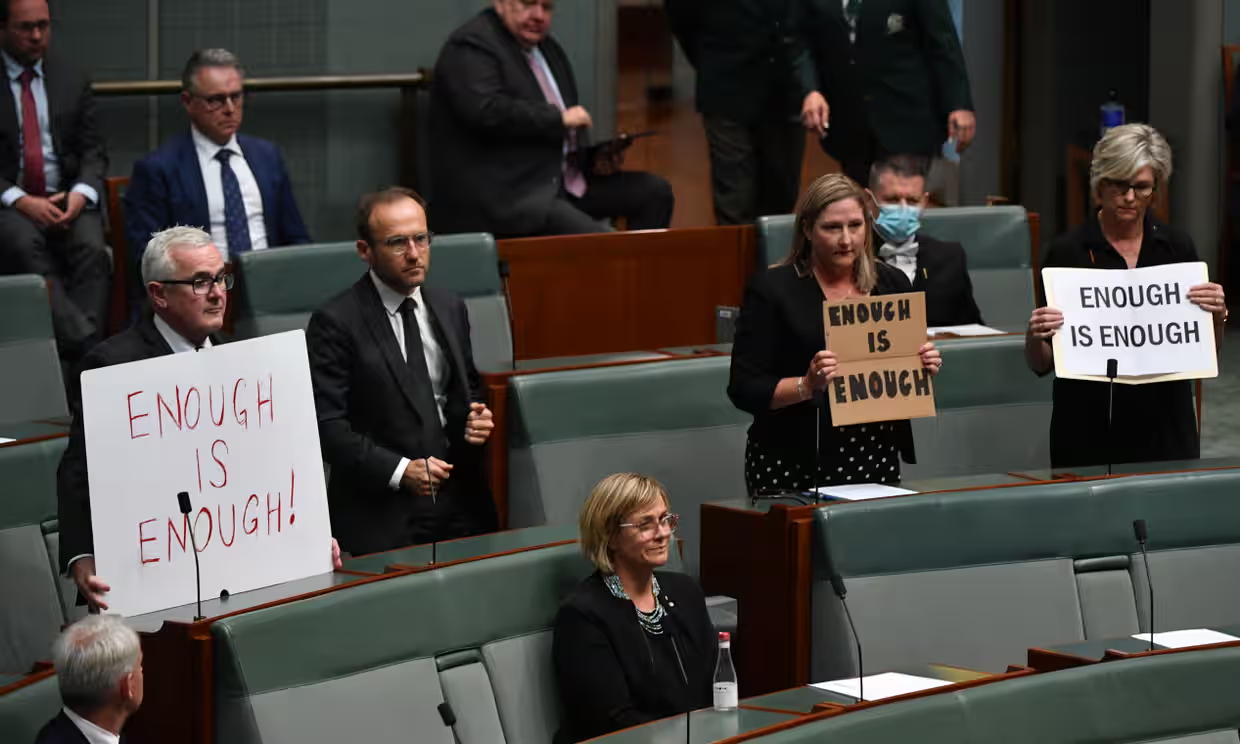Since President Donald Trump took office two months ago, his Department of Government Efficiency has pursued a campaign to cut what he calls bloated federal headcounts and wasteful spending. But while he’s pursued his agenda, public officials across the U.S. have responded by swooping in to recruit from the resulting pool of highly experienced potential employees for vacant state and local jobs.
The drive by Trump and DOGE to slash federal agency staffing levels has so far cost nearly 100,000 civil service employees their jobs through direct layoffs or incentives like early retirement. But while many critics have denounced the debatable legality, human cost, and even the basic need for those cuts, many state and local authorities have instead identified opportunities to reinforce their own public workforces—and their recruiting efforts are pretty direct.
“If you have lost your federal job due to cuts, or just want to get out, New York says ‘You’re Hired!’,” urges the web page for New York state’s “Federal Workers: We Want You” program, which advertises 7,000 public job openings. Its ads feature a finger-pointing Statue of Liberty, echoing the famous Uncle Sam recruiting slogan from World War I—which adds a bit of urgency to the state’s recruiting efforts, since it has competition from other states.
“Right now, Pennsylvania still has 540 critical jobs to fill—and we have an opportunity to recruit federal workers and veterans who have significant experience and expertise in all of these fields,” said Pennsylvania governor Josh Shapiro. The governor recently signed an executive order to speed up the hiring of recently laid off federal civil service employees whose previous work experience would qualify them for some of the state’s 5,600 open jobs.
“Under this executive order, my administration will consider relevant federal work experience as equivalent to commonwealth work experience so skilled, experienced federal employees can pre-qualify for existing open positions with the commonwealth,” Shapiro stated.
Just last week, Wisconsin governor Tony Evers rolled out a similar program for the Badger State, joining California, Hawaii, Minnesota, Maryland, and New Mexico in actively recruiting federal employees fired by DOGE. To be sure, most state and local governments making recruiting pushes are led by Democrats, but there are signs that even confirmed Trump supporters view the current mass layoff push as a potential recruitment windfall.
Former Trump vice-presidential hopeful Governor Glenn Youngkin extended the Virginia Has Jobs hiring platform with assets tailored to laid off federal employees, including easy access to state agency positions. Though Youngkin has also made it clear he still supports Trump and DOGE in their slashing efforts, the presence of nearly 150,000 U.S. government staffers among his electorate has made addressing their professional problems necessary, too.
The reaction by these states also reflects overlapping realities.
On the one hand, many local governments are facing a shortage of quality candidates applying for what are often modestly paid public job openings that require specialized abilities. On the other, according to a recent report by Indeed on the glut of DOGE-fired civil service staffers, those “federal workers are highly educated and are looking for work at a time when there are likely fewer opportunities that match their education and experience” in the private sector.
Those twin considerations, reports Business Insider, may explain why recent studies found about 50 percent of departing federal employees have been landing jobs with state, county, or municipal governments that have also gotten in on the act. According to BI, those include Washington D.C., Fulton County, Georgia, Kansas City Missouri, and San Antonio, Texas.
So, too, has Monroe Country, Michigan, sheriff Troy Goodnough, who’s looking to fill 23 law enforcement and correctional jobs available with any interested former federal employees who might be willing to take up work in the area just south of Detroit.
“I’m of the mindset, if you don’t ask, you don’t get, right?” Goodnough told the Washington Post. “It doesn’t hurt to throw it out there.”
While recently dismissed federal employees will doubtless appreciate the interest and attention—not to mention any jobs coming with it—the localized Plan B often has tradeoffs.
For starters, salaries are almost always lower than the federal government’s, and perks are also comparatively limited. Meanwhile, candidates who don’t live near available jobs usually have to move to get them. But in exchange, many people are finding new public employers who really want the qualifications and experience DOGE decided it could do without.
“The hiring panel was really quick to recognize my transferrable skills and to recognize that I could bring those skills to their team,” former State Department foreign affairs officer Kathryn Hampton told the Post of her new job with New York’s state’s division of human rights.






















